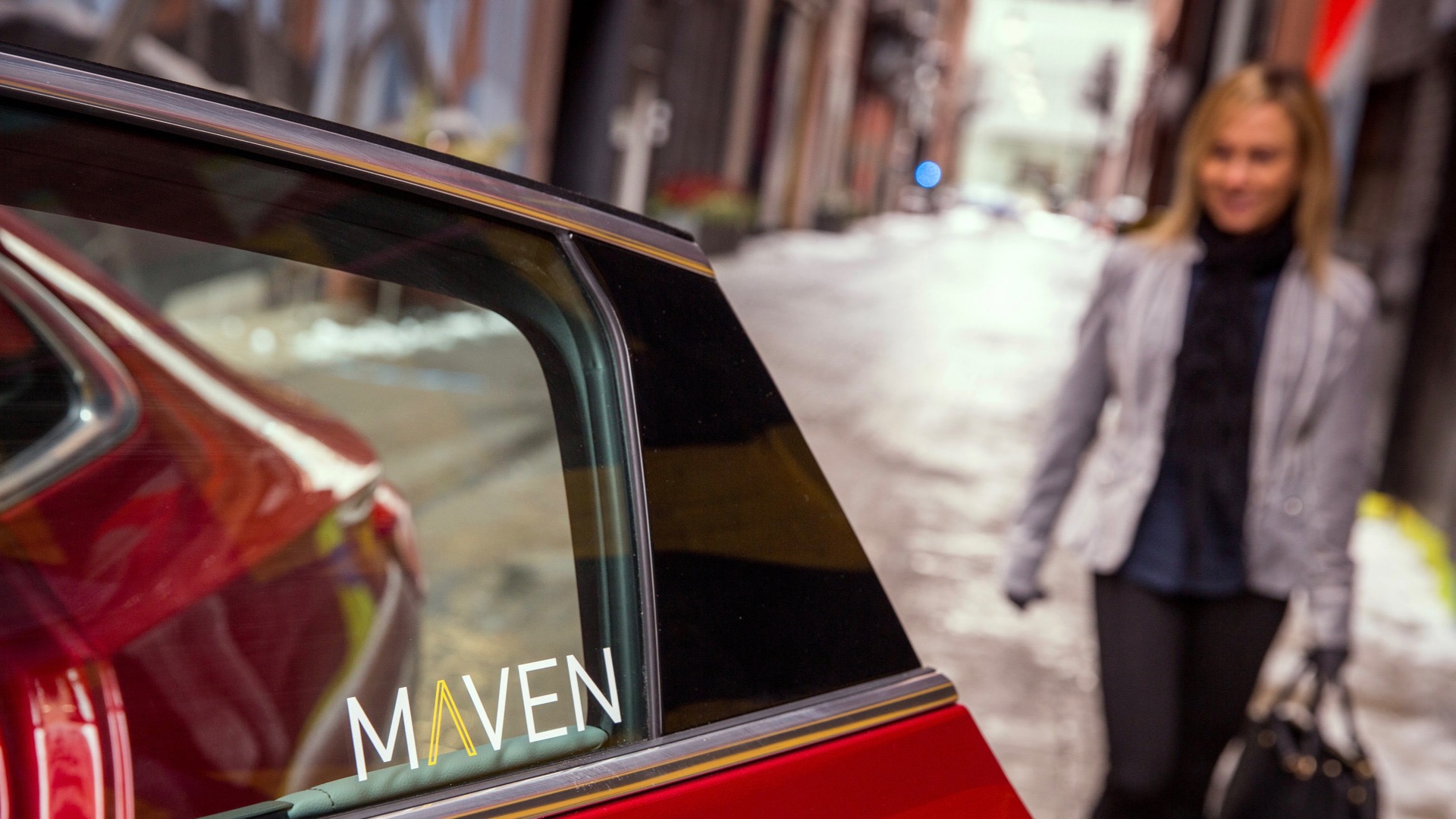

General Motors launched its Maven car sharing platform in 2016 to considerable fanfare, presenting the effort as a sign that the century-old automaker could keep pace with the technological and social changes roiling the traditional auto industry. Three years later the brand that GM once touted as “one of the fastest-growing mobility brands in North America” is in retreat, with the Wall Street Journal reporting that it is pulling out of eight of the 17 North American markets it had been operating in.
“We’re shifting Maven’s offerings to concentrate on markets in which we have the strongest current demand and growth potential,” GM told the WSJ in a statement that is easy to interpret as a reference to geographical markets. But it’s not that simple, a source familiar with the situation tells The Drive. Not only is the car sharing division leaving the cities where it is weakest, it is also leaving the business segments with the highest costs and least opportunity to build a profitable business.
The big-picture context for this pivot is GM’s broader belt-tightening ahead of the cyclical downturn that the entire industry seems to expect any day now. Pointing to GM’s decision to exit challenging markets like Europe, where GM recently divested its Opel division after billions in losses, and pull back from tough market segments like small cars, our source says Maven was subject to the same tough choices. Having invested big bucks in Maven, the time had come for GM brass to make a clear-eyed assessment of the division’s businesses and refocus its efforts.
The result of that review was that Maven’s original business, Zipcar-style short-term on-demand rentals, was the most capital-intensive as well as the least promising in terms of future growth prospects. It was also a challenging customer experience to manage, the source said, given that GM’s customer relations have traditionally been mediated by dealerships. Maven’s decidedly mixed reviews on Yelp certainly illustrate the extent of this consumer-relations challenge.
Maven has been more successful and more capital-efficient with its other two businesses: a recently-expanded peer-to-peer rental service and Maven Gig, which provides short-term vehicle rentals to ride-hailing drivers. The peer-to-peer business helps keep Maven “asset-light,” stretching the GM mothership’s investments farther, while the Gig business keeps GM tapped into the ride hailing business where rival Toyota has been investing and offers better growth prospects. These two business models also help avoid the customer service headaches of the traditional consumer-facing car sharing business, positioning Maven as more of a platform and B2B-type enterprise.
Maven Gig has been popular with ride-hailing drivers according to Harry Campbell of TheRideshareGuy.com, an online resource for drivers working on Uber, Lyft and other similar platforms. Maven is the third or fourth most popular car rental option for ride-hailing drivers says Campbell, whose website maintains a list of companies offering similar services. Campbell points to the ability to rent the electric Chevrolet Bolt as one reason for Maven’s popularity with drivers, saying it’s “really the only electric vehicle that makes sense for rideshare drivers… and you save a ton on gas.”
According to Campbell, the low price of ride-hailing may well explain why Maven’s traditional business is no longer viable. “I’ve always been skeptical of the carsharing programs from Maven and competitors,” he says, “since the cost of renting is comparable to just calling an UberX and having someone drive you around.”
It appears that Campbell’s logic is resonating inside Maven. When The Drive noticed a pair of tweets referencing an email stating that Maven would be discontinuing service in Washington D.C. we couldn’t help but notice that the WSJ story specifically stated that Maven wouldn’t be abandoning the city. Confused, we reached out to Maven and received the following statement from spokeswoman Iman Jefferson:
After serious consideration, our Maven Car Sharing business in Washington D.C. including our peer-to-peer car sharing operations will no longer be available as of July 26. We’ll continue to offer Maven Gig to our members in Washington D.C. This is part of a broader effort to concentrate Maven on future growth opportunities.
Iman Jefferson, Maven
In D.C. at least, the situation seems to be just as our source explained: Maven’s refocusing is as much about business models as it is about geography.